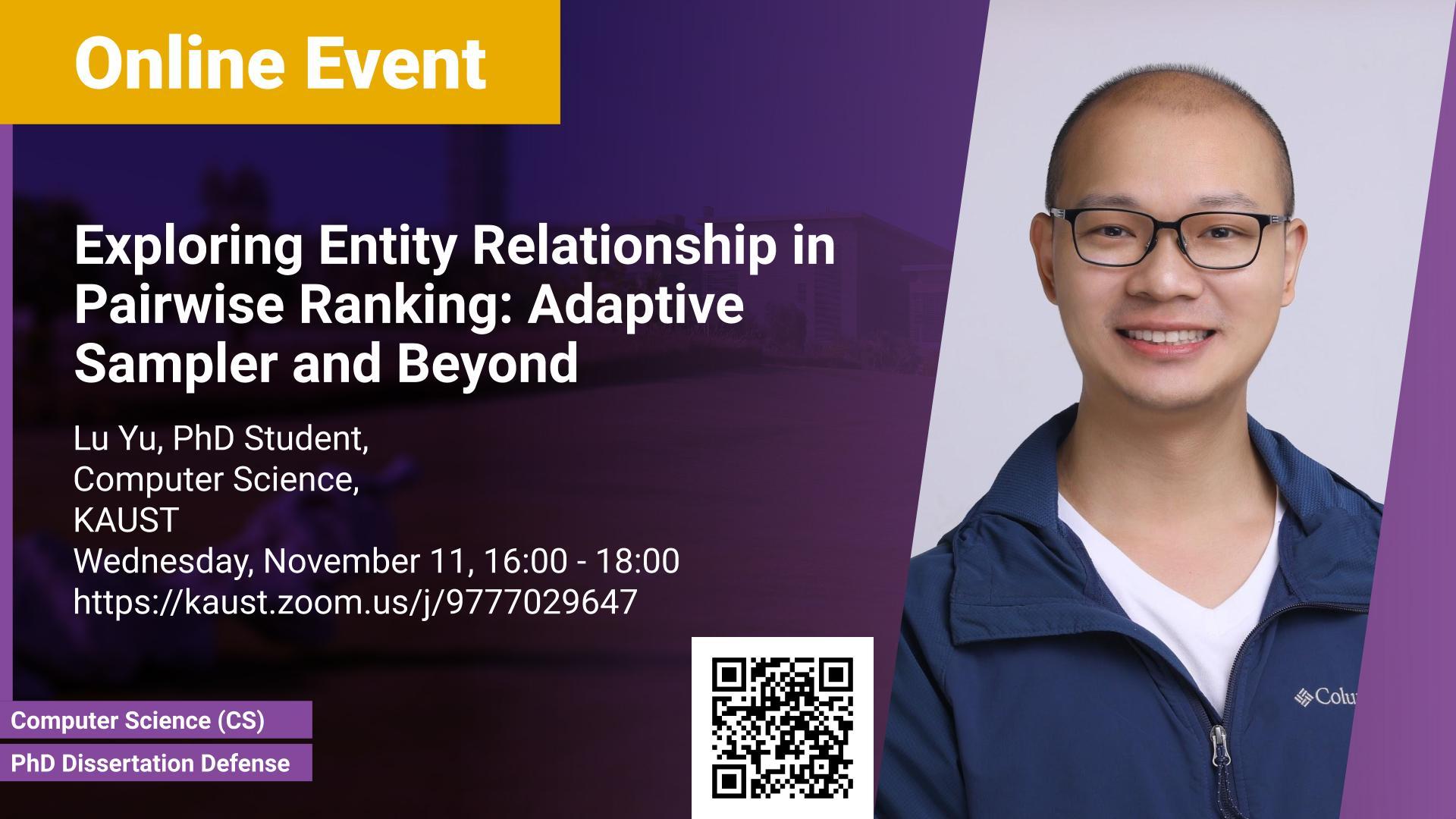Abstract
Living in the booming age of information, we have to rely on powerful information retrieval tools to seek the unique piece of desired knowledge from such a big data world, like using personalized search engine and recommendation systems. As one of the core components, ranking model can appear in almost everywhere as long as we need a relative order of desired/relevant entities. Based on the most general and intuitive assumption that entities without user actions (e.g., clicks, purchase, comments) are of less interest than those with user actions, the objective function of pairwise ranking models is formulated by measuring the contrast between positive (with actions) and negative (without actions) entities. This contrastive relationship is the core of pairwise ranking models. The construction of these positive-negative pairs has great influence on the model inference accuracy. Especially, it is challenging to explore the entity relationships in heterogeneous information network.
In this thesis, we aim at advancing the development of the methodologies and principles of mining heterogeneous information network through learning entity relations from a pairwise learning to rank optimization perspective. More specifically we first show the connections of different relation learning objectives modified from different ranking metrics including both pairwise and list-wise objectives. We prove that most of popular ranking metrics can be optimized in the same lower bound. Secondly, we propose the class-imbalance problem imposed by entity relation comparison in ranking objectives, and prove that class-imbalance problem can lead to frequency clustering and gradient vanishment problems. As a response, we indicate out that developing a fast adaptive sampling method is very essential to boost the pairwise ranking model. To model the entity dynamic dependency, we propose to unify the individual-level interaction and union-level interactions, and result in a multi-order attentive ranking model to improve the preference inference from multiple views.
Brief Biography
Lu Yu started the Ph.D. in Aug. 2016 under the supervision of Prof. Xiangliang Zhang. He mainly works on learning representation of discrete data structure (e.g. graph, sequence, entity) and its application in information retrieval, node classification etc.

